Apple's WWDC is only a prelude to the rest of the year. Beyond the iPhone 16, there's a lot still coming in 2024 from Apple. Here's what to expect, and when.
Apple is a company that likes to keep things running to a schedule. The company's calendar often features events and product launches at the same times throughout the year.
The conclusion of WWDC marks the mid-point of Apple's schedule for the year. As usual for Apple, the latter half is more fiscally important to the company, with the iPhone being a major factor to its finances.
Here's what you need to know about the last six months of 2024, and what Apple is expected to launch.
September, October
After the summer celebration of developers, Apple's main concern when it comes to scheduling is its fall event lineup.
Apple doesn't tend to hold media events in July and August. Indeed, the last time it did so was August 2007, when it launched its first aluminum iMacs.
September event is very well known, even to those who don't follow Apple closely. This is because it's the launch period for Apple's iPhone update.
Usually, the event is held in the first half of the month, and often isn't just about the iPhone. The September event has also become the venue for many other product launches, which it hopes to sell during the holiday season.
This covers pretty much all of Apple's consumer product catalog. Aside from iPhones, there's often a good chance, but no guarantee, that other things will be revealed during the presentation.
Apple has also gotten into the habit of holding multiple events in the fall, with an October event often following after September. It doesn't happen every year, as it was missed in 2022, 2019, 2017, and 2015 over the last decade.
The October event can usually be considered the "overflow" for the September event. Apple can choose to bump products into October if the September event has too many, or if there are production reasons for a delay.
Apple isn't beholden to just one or two events, either. For example, a third fall event occurred in November 2020, introducing its first Apple Silicon Mac models.
Then again, Apple's production was severely disrupted by the pandemic at the time, leading it to wait until October to launch its iPhone 12 updates.
While Apple is known for holding events, it doesn't necessarily have to do it for all products. For major launches, like iPhones, it's almost guaranteed, but not for everything.
If it's another product category and the changes made are slight, such as a spec-bump update to a MacBook Pro for example, it may just issue press releases about the change.
All we can safely say is that Apple will be launching iPhones this fall with a media event. For everything else, they have a good chance of being unveiled, but how and when is up to debate.
iPhone 16
Apple's September event is almost certain to be dominated by iPhone 16 news, with introductions of both the iPhone 16 and iPhone 16 Pro lines.
So far, it seems that the launch of the new models is on track for a September launch. Short of another global catastrophe, it's a pretty bankable launch.
The main changes to the product family will cover a few key areas, but AI is probably going to be the most important. This is demonstrated by the reaction to the introduction of Apple Intelligence during WWDC.
Other changes include the Pro lineup getting the A18 chip, display size increases, new buttons on the Pro models, and even the use of new battery technologies.
iPad
Apple didn't make any material iPad updates in 2023, which means 2024 is likely to be filled with iPad announcements. So far, that has consisted of new iPad Pro models with M4 and the M2 iPad Air, and a new Apple Pencil Pro.
That said, there's still the prospect of changes to the remaining models in the iPad range before the year is out.
The base model iPad and the iPad mini could get chip updates at least, making them more powerful and able to offer Apple Intelligence features. However there are few rumors about the models and their potential features.
That said, it's been rumored that an OLED iPad mini may not arrive until well beyond 2024. You may end up waiting until 2026 for a new iPad mini.
The rumor mill has also repeatedly raised the prospect of a foldable iPad. Some rumors have also floated the idea of a launch by the end of 2024 or early 2025.
There have also been proposals of the folding iPad arriving by 2026.
Mac and MacBook
Apple's Mac-specific launches for 2024 have so far consisted of an update to the MacBook Air in March. That naturally means there's the prospect of lots of new Mac hardware on the horizon.
With iPad Pro now using M4, it also means there's a good chance of earlier than expected upgrades across the product catalog.
Apple last updated the Mac mini in January 2023 with the M2 and M2 Pro. This makes it a prime candidate for an upgrade toward the end of 2024.
It's a somewhat similar story for the Mac Studio and Mac Pro, as they were given M2 Max and M2 Ultra chips in June 2023. However, speculation claims Apple will skip 2024 in favor of a 2025 update instead.
In November 2023, Apple updated the iMac with M3 as well as the MacBook Pro range. Given Apple updated the MacBook Pro 10 months after the shift to M2, a year's gap is entirely possible for the company.
However, according to Mark Gurman in April, the chance of MacBook Pro models with M4 by the end of 2024 is slim and could be pushed into early 2025 instead.
Apple Watch
The Apple Watch has enjoyed an update in the fall for the last eight years, often at the same time as the iPhone itself. This is a trend Apple is very likely to continue doing for some time.
For 2024, the Apple Watch Series 10 is expected to be more powerful, with a larger display and a thinner overall body.
There is also a chance of an update to the Apple Watch Ultra, though there are questions about whether it will arrive at all.
HomePod and AirPod
The HomePod and AirPod product families are oddities for Apple, since they don't necessarily warrant an all-out launch on their own. Instead, you would expect them to be tacked on with other launches.
This is especially true for AirPods, which can serve as accessories for the iPhone and can benefit from a simultaneous late-in-year update.
Analysts have already put forward that updates to the AirPods and AirPods Max lines will happen late in 2024. This obviously lines up with Apple's usual fall updates.
Expected updates include improved fits for the entry-level and mid-tier AirPods, as well as the possibility of USB-C charging cases and Find My speakers. For AirPods Max, it's likely to include USB-C instead of a Lightning connection at a minimum.
For the HomePod and HomePod mini, there have been rumors of a display-enabled version, but a touchscreen-enabled version probably won't happen in 2024 itself.
The HomePod mini was launched in November 2020, making it close to four years without a considerable update. The first HomePod generation came out in February 2018, but after a 2021 discontinuation, a second-gen model appeared in February 2023.
We don't know if HomePod will get an update soon, but it's been a while since there was significant action for either model. Apple could surprise everyone with a fall update, but the lack of rumors about it speaks volumes.
 Malcolm Owen
Malcolm Owen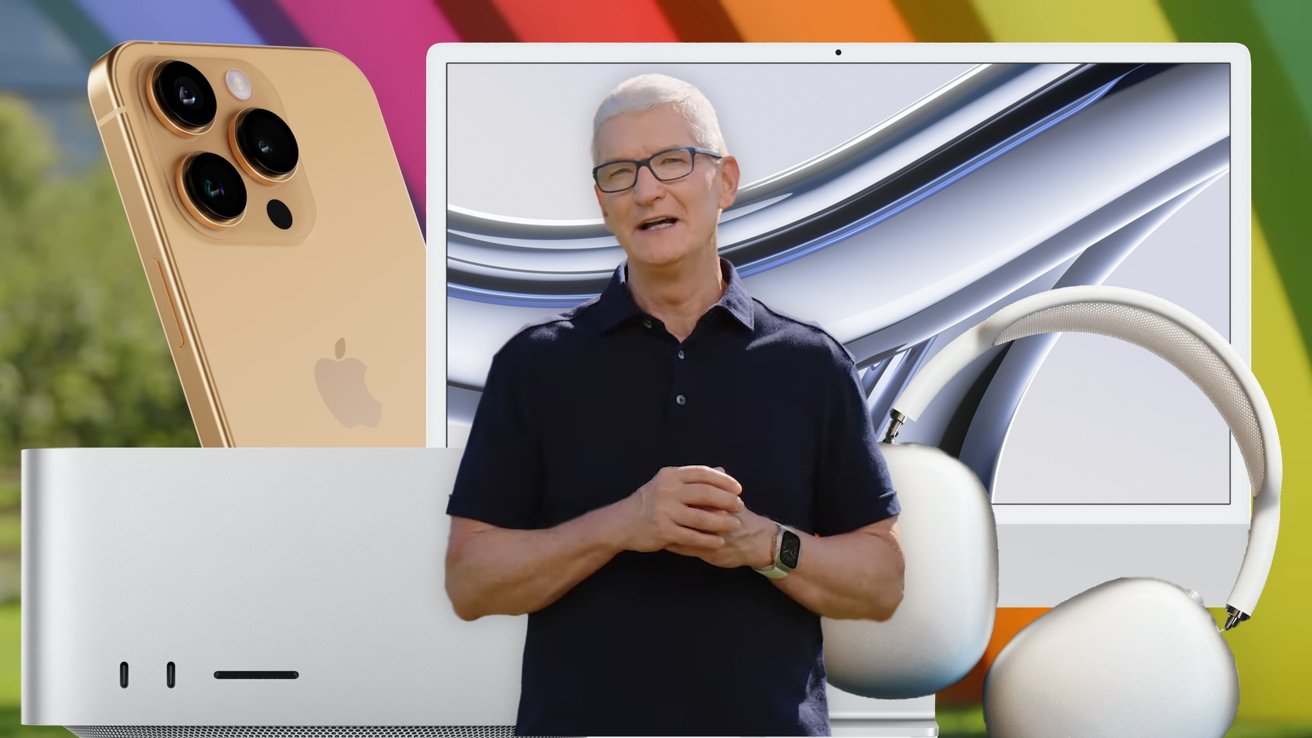
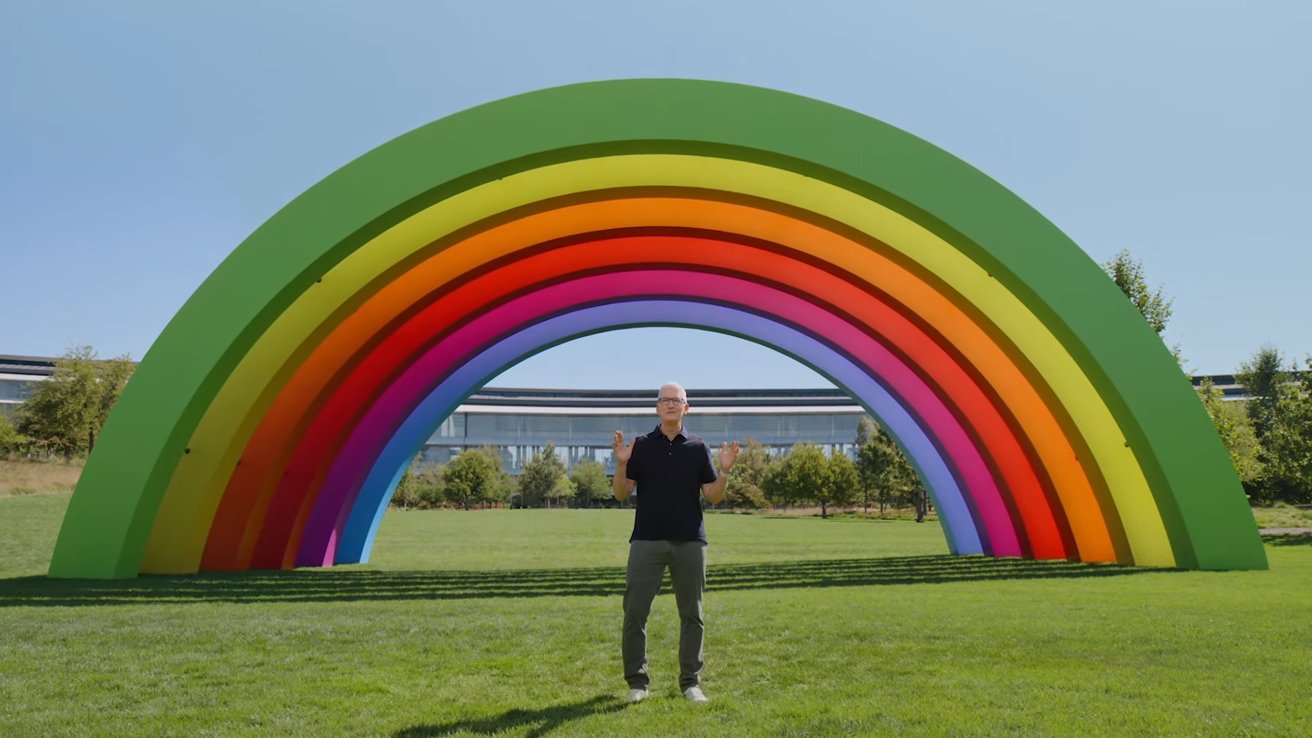
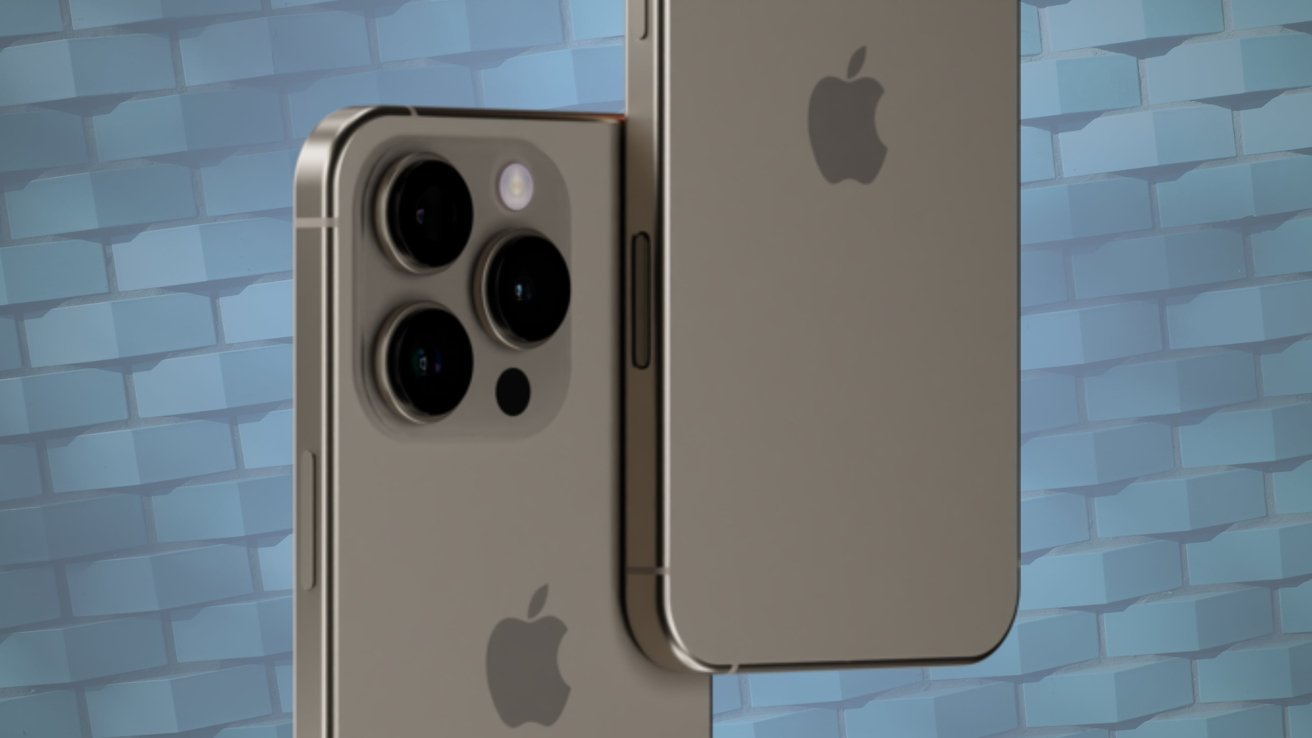
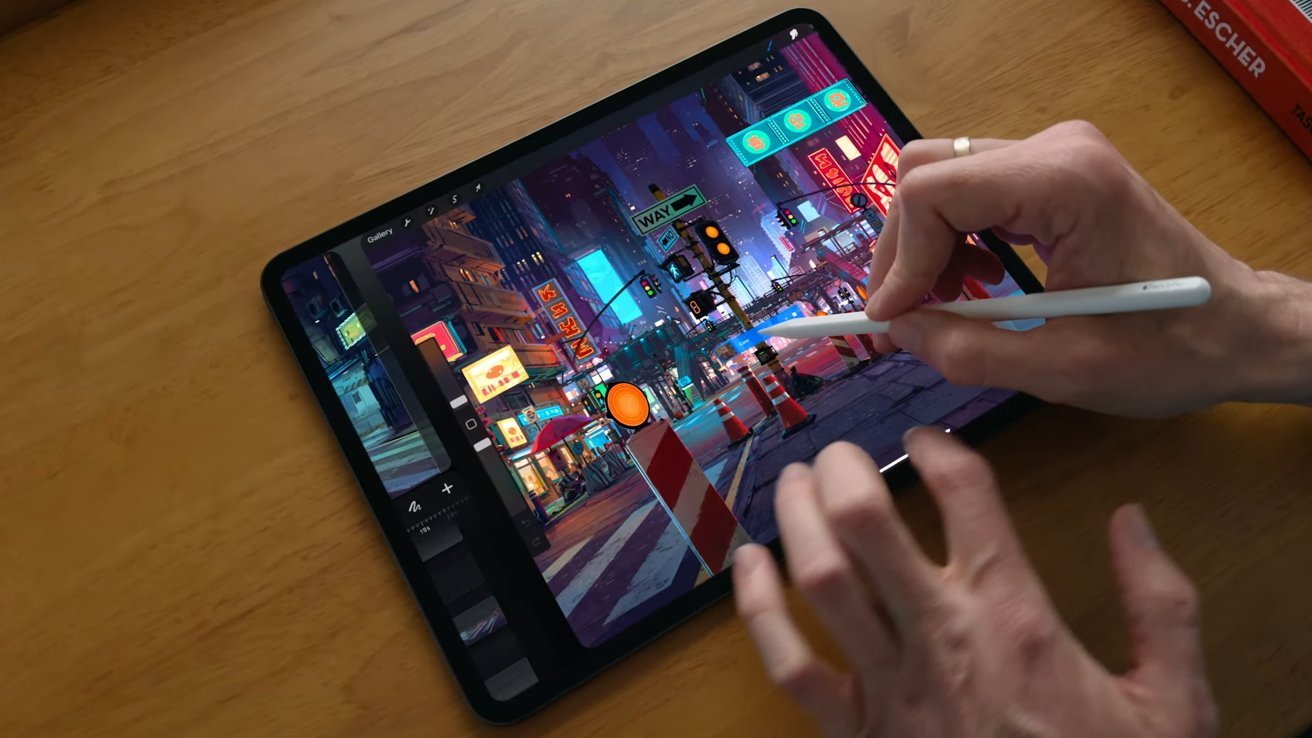
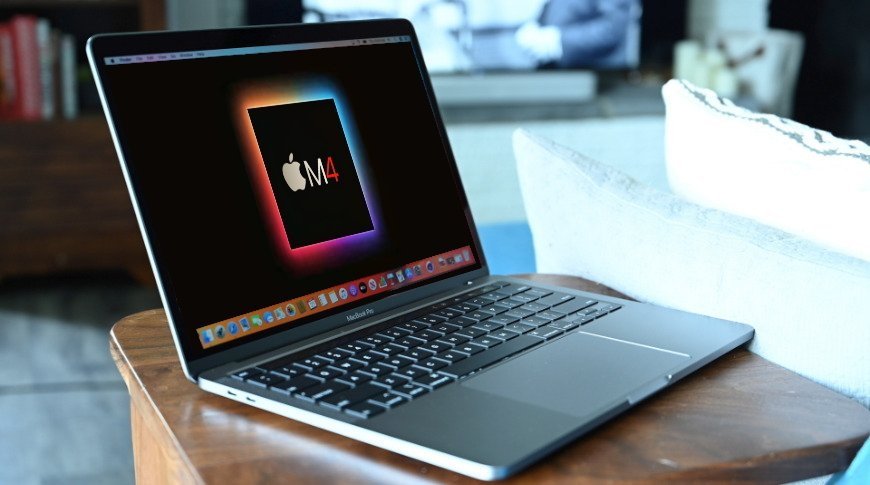
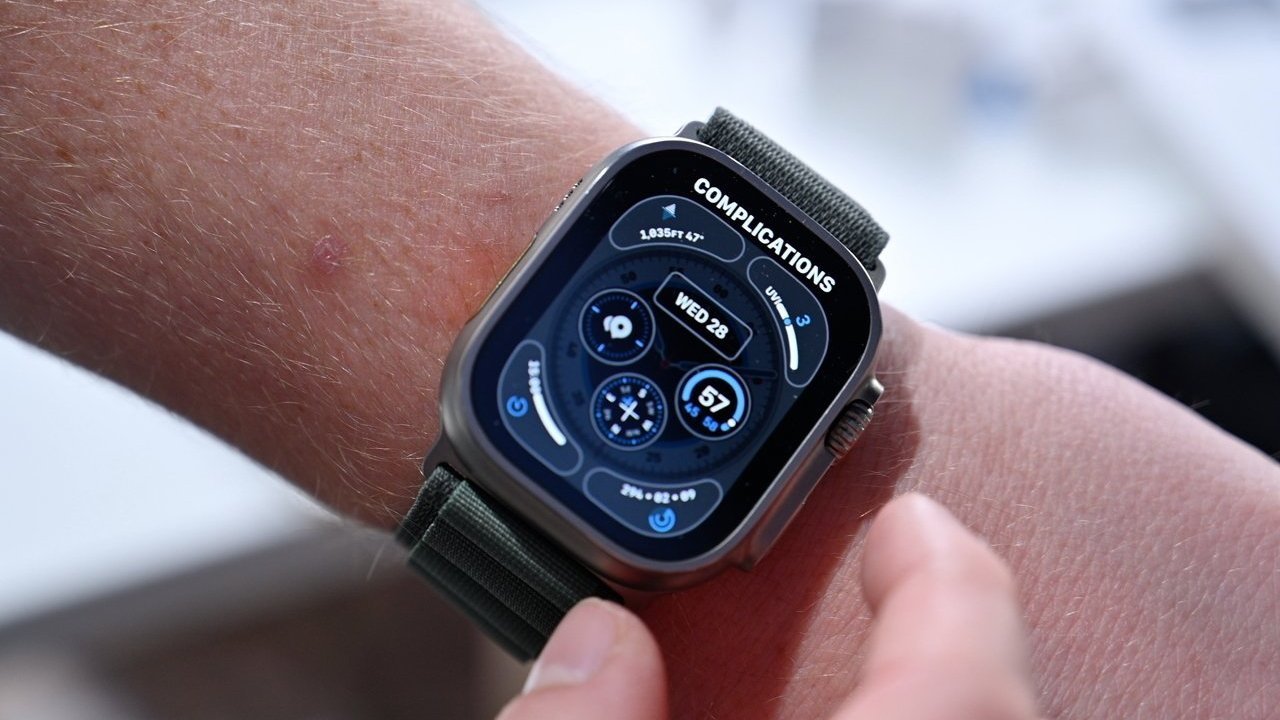
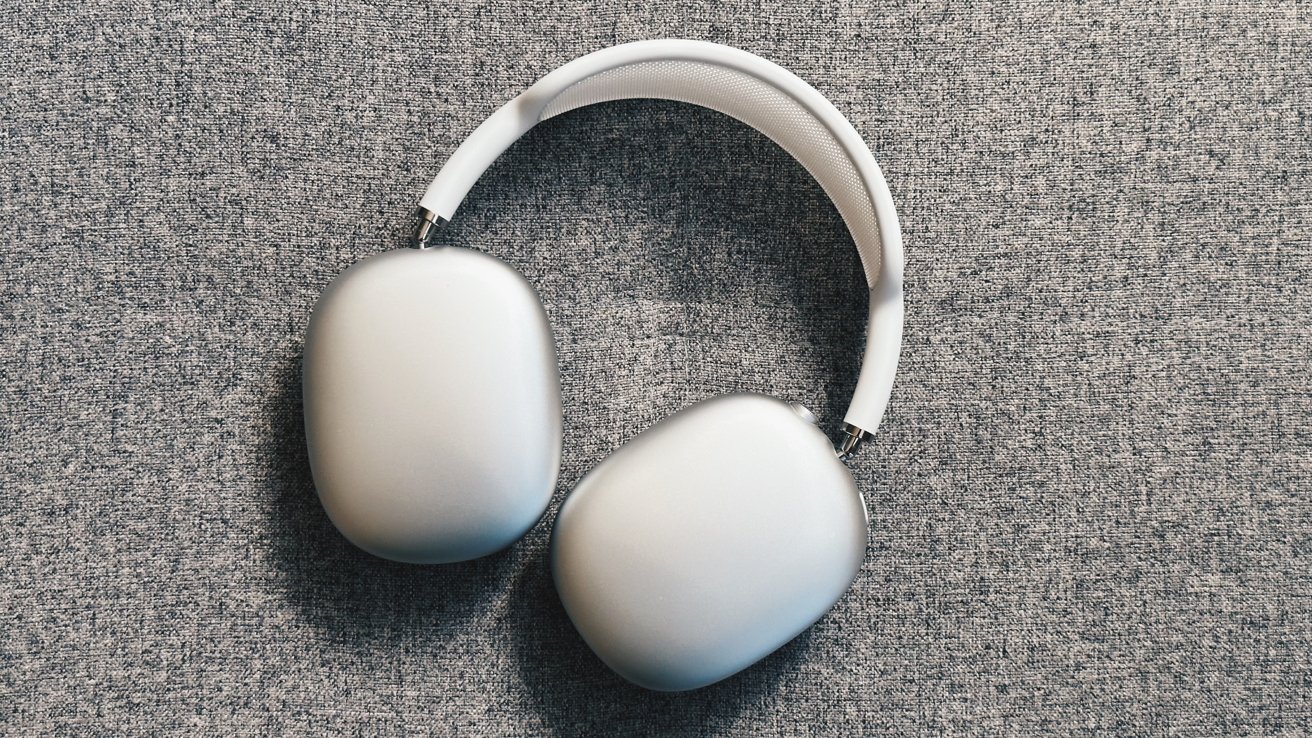







-m.jpg)






 Marko Zivkovic
Marko Zivkovic
 Christine McKee
Christine McKee
 Andrew Orr
Andrew Orr
 Andrew O'Hara
Andrew O'Hara
 William Gallagher
William Gallagher

 Mike Wuerthele
Mike Wuerthele
 Bon Adamson
Bon Adamson



-m.jpg)



11 Comments
Implementing AI on the HomePod may require less RAM than AI on a laptop, since it's mostly limited to processing audio.
The main event in H2 is not on new features. With USB-C being mandatory in EU at end-of-year and in India from March 2025 now is the time for Apple to clear sales channels. iPhone 12, 13, and 14 will have to go. iPad mini, keyboards, mice, iPhone SE will all need upgrades or to be discontinued. iMac M3 will need an upgrade or new packaging due to current bundles having old keyboards and mice.
Will Apple introduce A17 using 3nm for iPhone 16 and A18 Pro for iPhone 17? Both with 8 GB to support AI. And iPad 10th gen... it could be kept with iPhone 15 as the only USB-C devices not capable of AI or Apple could give it an 8 GB A17. And how will Apple solve the problem when moving from 12, 13, 14, SE, 15, 15 Pro to just 15, 16, 16 Pro. Apple won't be able to deliver on all price points needed in India or EU with only 3 lines. Introduce a 14c, dump the price of 15, add SE 4th gen, or a combination?
And will Apple finally give us a bit more memory and storage? I'm looking forward to H2!
Tricky. Seems like it's best to skip this generation unless you really need the upgrade, and wait for fall 2025, as most of the AI stuff won't be fully ready until well into 2025.
HomePod upgrade path for AI is sorely needed as Siri for HomePod is just awful at this stage. I have observed a deterioration over the past updates of OS or maybe the HomePod 2's have worse microphones. Frustrating part is that there are no diagnostics mechanisms that easily enable a customer to understand why there are challenges.
HomePod compute will likely follow Apple Watch Ultra 3 SoC upgrade to build volume for the SoC. The mini may not benefit in the same way unless as previous commentators have mentioned that AI on HomePod can be more lightweight due to fewer use cases needed support.
Ideally Apple will want to do a platform play and invest to also kick Alexa in the teeth. The Echo Dots of this world would then be painfully obsolete. If Apple can do a software only upgrade of AI capability through some magic then they will win the internet. There is a slight chance they can make it happen as current Siri models have a larger proportion of on device processing.
As a minimum a software only upgrade of Siri will defer more back to the Private Cloud Compute again to lean in on larger models for the older HomePods and then a new series HomePod 3 will be fully on device. I would revert back to the extra latency again for proper fidelity Siri on older devices rather than the current issues.